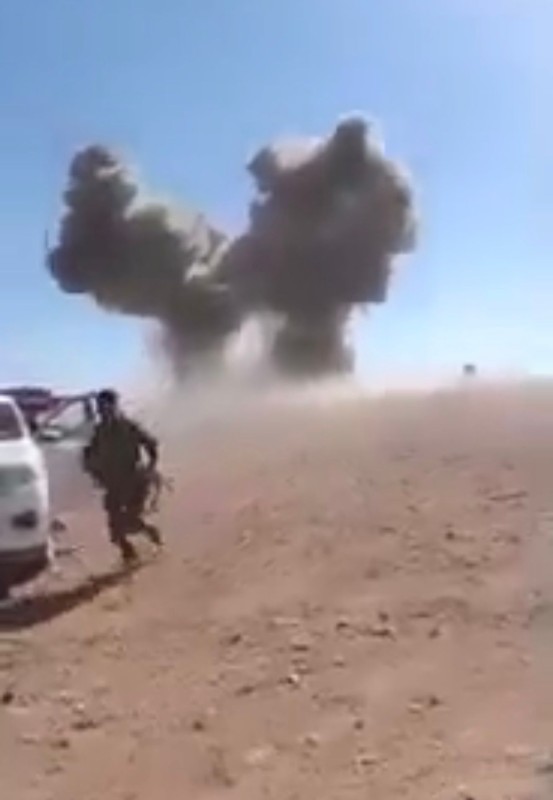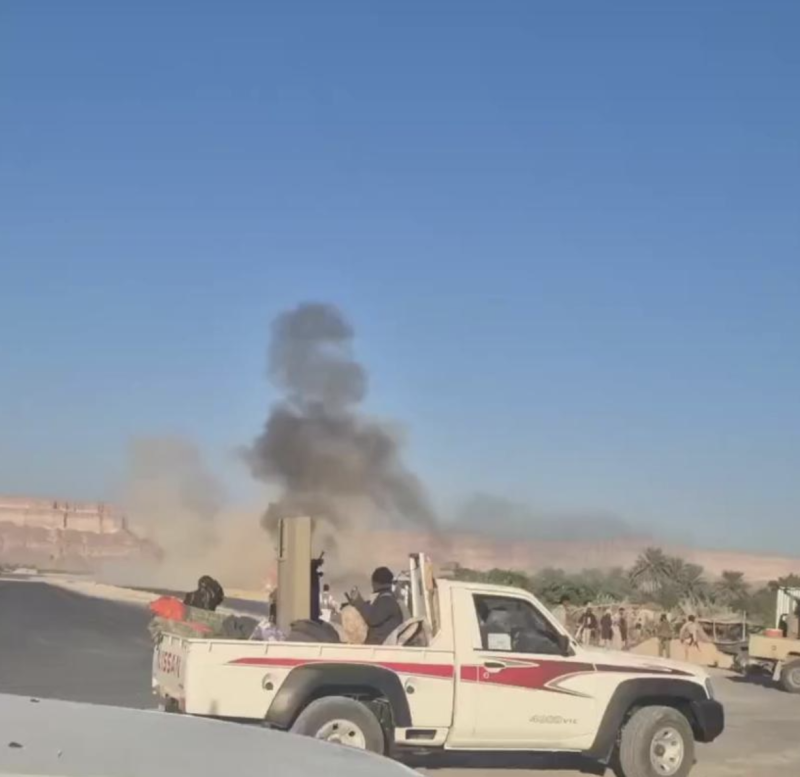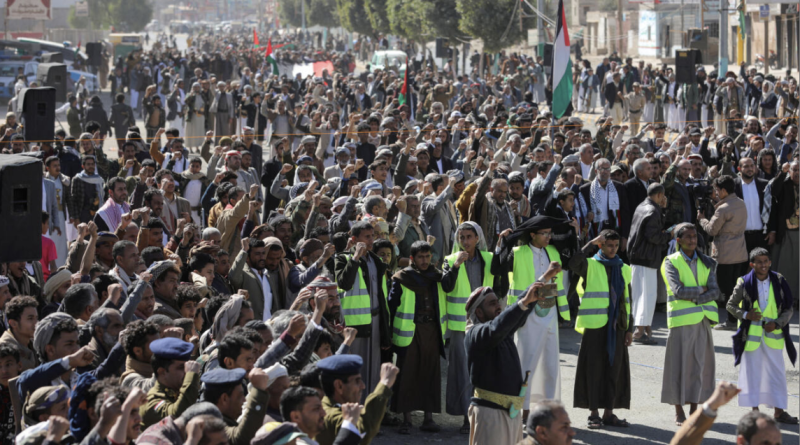Houthis, Iranian Envoy Come Under U.S. Sanctions Pressure Amid Yemen War


The U.S. government this week raised its sanctions pressure on Houthi rebels and Iranian proxies operating in Yemen, as a long-running conflict there continues and the country teeters on the edge of collapse.
Earlier this week, the U.S. Treasury Department sanctioned Hasan Irlu, Iran’s envoy to the Houthis, saying that as an official in Iran’s Islamic Revolutionary Guard Corps-Qods Force (IRGC-QF), he had supported efforts to provide the Houthis with advanced weapons and training. Irlu also coordinated with senior IRGC-QF leaders to support Houthi operations throughout the Arabian peninsula, and provided training to Hizballah members in Iran, the Treasury said.
“The appointment of an IRGC-QF official as an envoy to the Houthi rebels in Yemen demonstrates the Iranian regime’s indifference to resolving the conflict, which has led to the widespread suffering of millions of Yemenis,” said Treasury Secretary Steven T. Mnuchin.
Irlu responded on social media, thanking “the gambler” President Donald Trump for showing “the true face” of the U.S. government. “We are not afraid of sanctions and martyrdom, but we are proud of it,” he said. Iran then reciprocated on Thursday, imposing sanctions on the U.S. envoy to Yemen.
Leaders of various Houthi security and intelligence agencies were designated Thursday by the U.S. to coincide with International Human Rights Day, with the Treasury saying they participated in abuses such as arbitrary detention and torture in territory controlled by the rebel group. The agencies have targeted students, women, human rights activists, journalists, perceived political opponents and members of the Baha’i community, the Treasury said.
The latest designations come amid debate in the U.S. over whether to designate the Houthis as a foreign terrorist organization (FTO). Officials at the U.S. State Department and the United States Agency for International Development (USAID) have pushed back against the move, saying it could severely disrupt food delivery and other aid, NBC News reported this week.
A civil war in Yemen, with Iran supporting the Houthis and a Saudi Arabia-led coalition backing the internationally recognized government with U.S.-supplied weapons, has led to more than 233,000 deaths, according to a United Nations humanitarian office. The two sides will form a cabinet within a week, Saudi officials were quoted by AFP as saying Thursday.
U.N. Secretary-General Antonio Guterres warned last month that without immediate action, Yemen faces the worst famine the world has seen in decades.
Houthi forces have received military support, including assault rifles, rocket-propelled grenade launchers, anti-tank guided missiles and more sophisticated cruise missile systems, some of which have technical characteristics similar to weapons made by Iran, according to multiple U.N. Panel of Experts reports on the conflict in Yemen. A 2018 report by the U.N. panel identified three Iran-based entities, Araz Fakhr Azar, Ltd. Co, Arman Optimized Systems and Tehran Hobby, as having supplied or produced components found in Houthi unmanned aerial vehicles (UAVs).
In August, the U.S. Justice Department filed a complaint seeking the forfeiture of weapons previously seized by the U.S. Navy from flagless vessels in the Arabian Sea, alleging that they were part of an Iranian smuggling network trafficking arms to the Houthis in Yemen.
Iran is the only nation to officially recognize and appoint a diplomatic representation to the Houthis, according to the Treasury. Iran maintained its diplomatic representation in Sana’a, however, according to a 2017 U.N. Panel of Experts report. After questions emerged over how Irlu arrived in the country, the U.N. envoy to Yemen issued a statement denying any role in his appearance there.
The Houthi movement in August 2019 named Ibrahim al-Dailami as its envoy to Iran. Following the death in January of IRGC chief Qassem Soleimani, al-Dailami visited his family and presented them with a Janbiya, a traditional Yemeni knife. Al-Dailami is also a member of the Houthi political office, and he has served as a representative in Lebanon for Abdul Malik al-Houthi, the head of the group, who the U.S. and U.N. sanctioned in 2015.
The U.N.-recognized Yemeni government said last month in a statement posted to social media that countries are not to deal with Houthi-appointed diplomats, and that judicial authorities had begun the process of seeking international warrants for their arrests.
Prior to his appointment as ambassador, al-Dailami was the Beirut-based chief executive of the Houthi-controlled Al-Masriah TV, which broadcasts from studios based in Lebanon, according to its website. He continues to hold a 33 percent share in the outlet, records show.

Hadramout –Several areas of Hadramout governorate have witnessed rapidly escalating security developments since yesterday, amid clashes and a…

Aden -- Saudi warplanes on Friday carried out airstrikes on military sites affiliated with the Southern Transitional Council (STC) in Yemen's south…

Sana'a -- The Houthi militias in Sana’a, Yemen, announced the death of several of their military commanders, without disclosing the location…